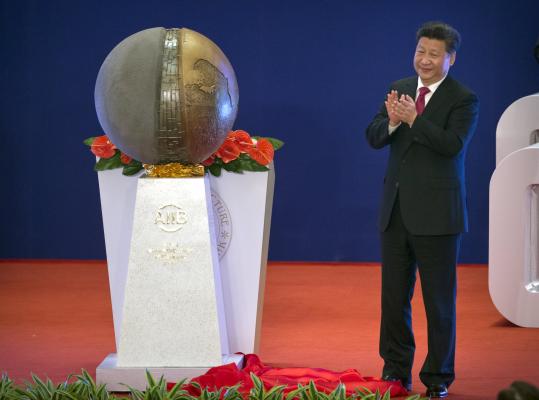BEIJING – China intends to retain a balanced stance in the Middle East, a senior Chinese diplomat said on Monday, as President Xi Jinping prepared to leave on an unusual visit this week to Saudi Arabia and Iran, regional powers currently locked in a bitter dispute.
Tensions between the Sunni Muslim kingdom of Saudi Arabia and Shi’ite Muslim Iran have escalated since Saudi authorities executed Shi’ite cleric Nimr al-Nimr on Jan. 2, triggering outrage among Shi’ites.
In response, Iranian protesters stormed the Saudi embassy in Tehran and its consulate in Mashhad, prompting Riyadh to sever relations. Tehran then cut all commercial ties with Riyadh, and banned pilgrims from travelling to Mecca.
Chinese Vice Foreign Minister Zhang Ming told reporters China was not taking sides.
“Regarding some of the region’s problems, China has always taken a balanced and just position,” Zhang said, when asked about tensions between Riyadh and Tehran.
“If the Middle East is not stable, I’m afraid the world can’t be very peaceful. If a country or a region is not stable, it cannot realize development,” he added.
“China firmly supports regional countries individually exploring a development path that suits their national conditions.”
The trip, that also takes in Egypt, has been shrouded in a rare level of secrecy, even for a country which tends to keep details of its top leaders’ activities under wraps. Zhang would not even say on which days Xi would be in the countries.
While relying on the region for oil, China has tended to leave Middle Eastern diplomacy to the other four permanent members of the U.N. Security Council – the United States, Britain, France and Russia.
But China has been trying to get more involved, especially in Syria, recently hosting both its foreign minister and opposition officials.
A Chinese president has not visited Saudi Arabia since 2009 when Hu Jintao went, and Jiang Zemin was the last Chinese president to visit Iran, going in 2002.

